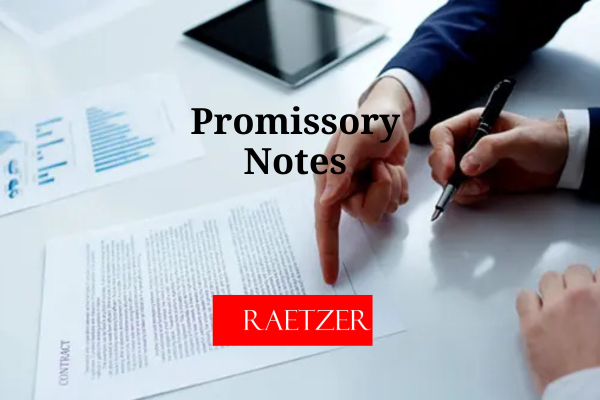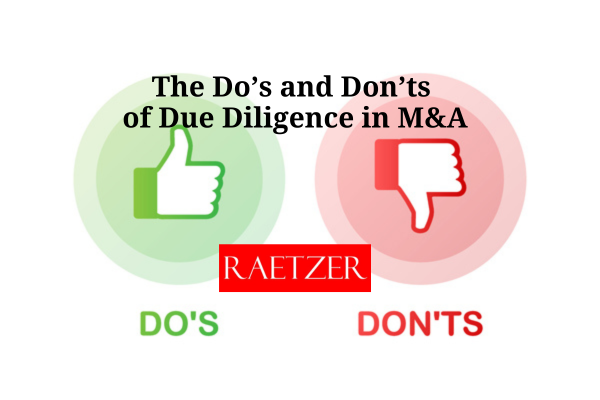Promissory notes are a key financial instrument, often used to document a debt owed. Here’s a closer look at what they are, how they’re used, and how you can create and enforce them.
What is a Promissory Note?
A promissory note, also called a “note” or “negotiable instrument,” is a written document that proves money is owed to the person holding the note. The author, or “maker,” of the note promises to pay the holder a specific amount. Importantly, promissory notes are “negotiable,” meaning they can be transferred to others who can then demand payment from the original debtor. Additionally, the note can be enforced in court without needing to prove the original reason for the debt, which can streamline the process and avoid complications related to the original transaction.
Where Are Promissory Notes Used?
Promissory notes are frequently issued in loan agreements or other financing arrangements. For instance, if you buy a business with a payment plan, the seller might require a promissory note to secure the unpaid balance. Similarly, if you lend money to a business partner, friend, or anyone else, having a promissory note can serve as legal proof of the debt, offering security for repayment.
How to Create a Promissory Note
To create a valid promissory note, you’ll need:
- A Written Document from the Debtor: This document must state the debtor’s obligation to pay.
- The Debtor’s Signature: The debtor must sign the document.
- An Unconditional Promise to Pay: The document should specify that the debtor promises to pay a certain amount by a specific date or upon demand. Be cautious if the debtor wishes to add additional conditions or obligations in the note; if they do, consult with an attorney to ensure enforceability.
While a promissory note is legally binding, it does not require the creditor’s signature to be enforceable.
Enforcing a Promissory Note
One advantage of a promissory note is its straightforward enforceability. Generally, the note itself serves as sufficient evidence of the debt. If you have a promissory note in default, reach out to us to discuss how we can assist you in enforcing it. The statute of limitations for promissory notes in Texas is usually four years. This means that if the creditor doesn’t file a lawsuit to collect the loan within four years of the maturity date, they may be unable to collect the note.
When Is a Promissory Note Void Due to High Interest?
In some cases, a promissory note can be invalidated if the interest rate is excessively high. Specific laws regarding “usury” (the practice of charging an unreasonably high-interest rate) vary by state, but generally, if a promissory note charges an interest rate that exceeds legal limits, it could be voided or unenforceable. Always consult an attorney to ensure your note is within legal bounds.
Promissory notes are powerful tools for managing loans and other financial obligations. With a clear understanding of their creation and enforcement, you can use them effectively and securely.




